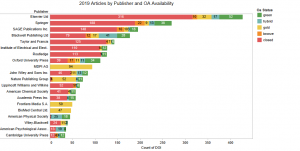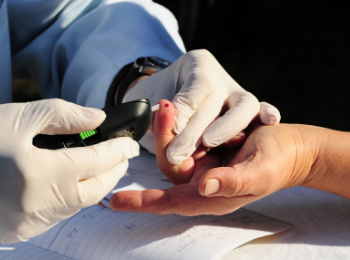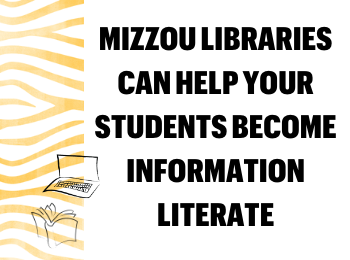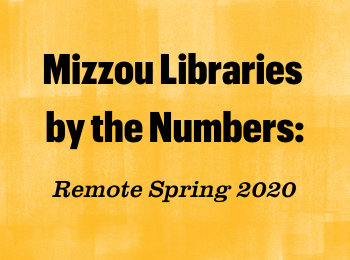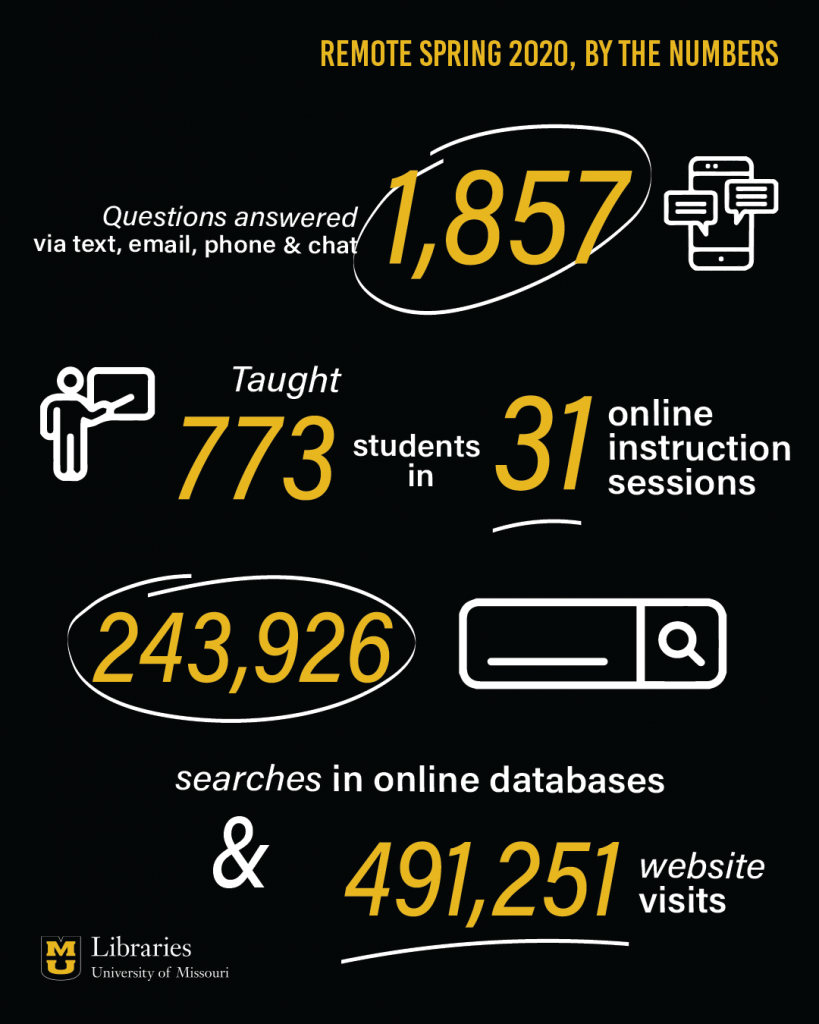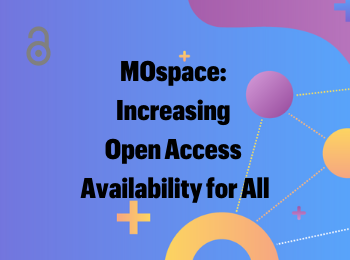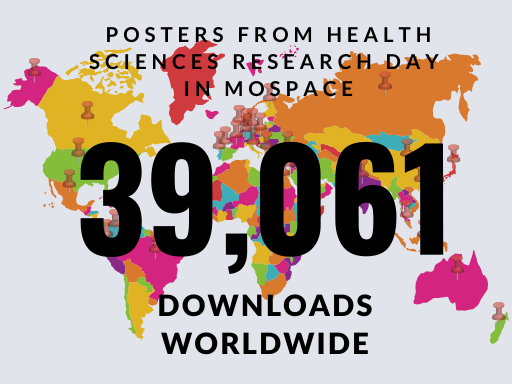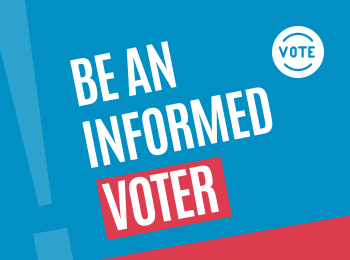International Open Access Week is October 19 – 25! This year’s theme is Taking Action to Build Structural Equity and Inclusion.
There are many options for MU researchers to make their work available open access, but one option available for all University of Missouri faculty is to make a copy available in the MOspace institutional repository.
We are working on several ways to help maximize the reach and persistence of your scholarship and increase awareness of MOspace as an option for Open Access scholarship. As we collect and analyze data about what our researchers are publishing, we are finding that many articles are already available via paid, “gold” Open Access (represented in gold in the images below). When we can, we are collecting these articles and preserving them in MOspace as an additional safeguard to ensuring their long-term availability and accessibility. We are currently processing 371 articles from 2019 and 2020 that meet various criteria for this stage of the project, 76 have already been included in MOspace, and more are on the way. Paid, full Open Access is great but still represents only a fraction MU’s total research output. We are working on ways to reach out individually to authors whose publications qualify for inclusion in MOspace (such as by publisher or funder policy) to encourage authors to upload their manuscripts/postprints whenever possible.
Even articles that are published with a traditional (non-Open Access) license can often be included in an institutional repository in the form of the final manuscript or postprint (your final, post-peer-review “draft”). The image below shows at least 1,095 articles published by MU authors (according to Scopus) in 2019 that currently have no known freely-available full text online, but could be made available in a repository such as MOspace on the basis of the publisher’s standard “green open access” policy. This would make the clear majority of MU research output openly available in some form (gold, hybrid, bronze, and green are all forms of Open Access availability under different terms).
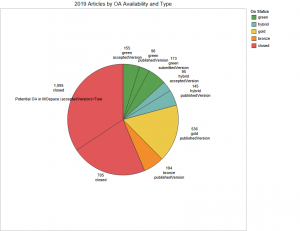
The following image shows the publication activity by publisher, and also helps show how much of our output that is currently “paywalled” could potentially be made available. Each bar represents the number of MU articles published by that publisher in 2019 (according to Scopus), and the red portion represents the number of those articles for which there is currently no available open access copy. Nearly all of these top publishers (each of the top 6 and many others) will allow authors to deposit most article manuscripts in institutional repositories such as MOspace via a green open access policy. The green segments represent where an author, co-author, or other delegate has already done so.
